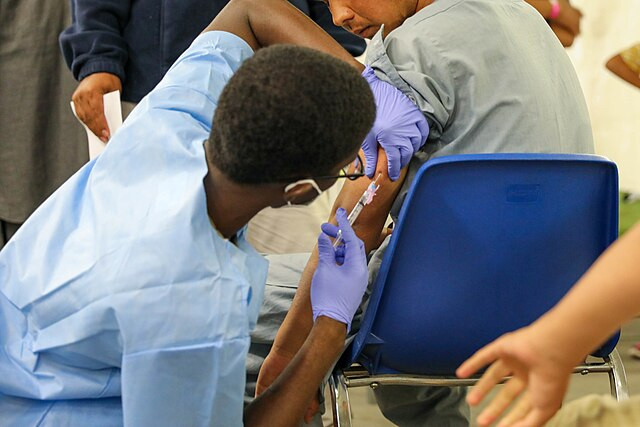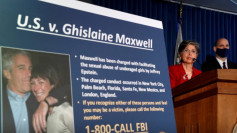Health officials have confirmed a case of measles in an individual who traveled through Washington, D.C., on Amtrak's Northeast Regional train, prompting exposure warnings at Union Station and other public locations just as the capital prepares for peak cherry blossom tourism.
According to the D.C. Department of Health, the patient traveled southbound on Amtrak Train 175 on March 19 and was potentially contagious during travel. The individual passed through Union Station between 11:00 p.m. and 1:30 a.m., a time window during which other travelers may have been exposed.
Amtrak stated Wednesday that it is directly notifying passengers who were on Train 175. "DC Public Health has notified Amtrak of a confirmed case of measles in a customer traveling on Amtrak Train 175 from New York to Washington Union Station on Wednesday, March 19," the company said. "Amtrak is reaching out directly to customers who were on this train to notify them of possible exposure."
After arriving in Washington, the person also visited MedStar Urgent Care in the Adams Morgan neighborhood on March 22 between 7:00 p.m. and 11:00 p.m., where further exposures may have occurred, officials said.
The New York City Department of Health and Mental Hygiene confirmed it is coordinating with D.C. authorities regarding the case. "Public health agencies routinely exchange information when exposures occur in other localities, and we are in communication with the DC Department of Health on this matter," it said in a statement.
The case was confirmed just days before D.C.'s cherry blossom season is expected to reach peak bloom. The National Cherry Blossom Festival drew an estimated 1.6 million visitors in 2024, raising concerns about the potential public health impact amid large crowds.
"Measles is a highly contagious illness that can spread easily through the air when an infected person breathes, coughs, or sneezes," D.C. Health said in a statement Tuesday. Health officials urged anyone who may have been exposed and is not vaccinated to contact their provider or call 844-493-2652.
The Centers for Disease Control and Prevention has reported 378 confirmed measles cases in at least 18 states this year, including New York, Maryland, Texas, and California. Officials believe the real figure may be higher due to delays in state reporting.
The CDC recommends two doses of the measles, mumps, and rubella (MMR) vaccine, which is 97% effective after the second dose. Individuals born in the U.S. before 1957 or those previously infected are generally considered immune.
Symptoms of measles typically appear 10 to 14 days after exposure but may take up to 21 days. Common symptoms include:
- Fever over 101°F
- Cough, runny nose, and red eyes
- Loss of appetite and diarrhea
- A red rash that spreads from the face to the body
- Koplik spots, tiny white spots inside the mouth
A person with measles is contagious from four days before the rash appears until four days afterward.
Children under age one, pregnant women, and immunocompromised individuals are at greatest risk for severe complications. D.C. health officials are continuing to track potential contacts and assess the scope of exposure in coordination with regional and federal agencies.






